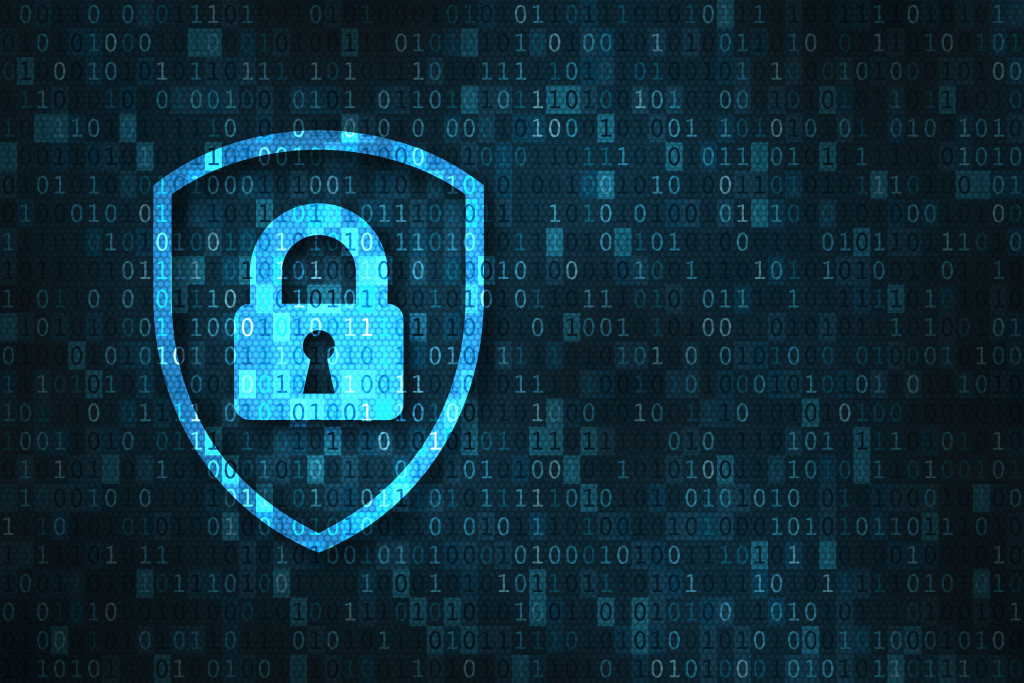- Employee education about safe online practices is vital to business cybersecurity measures.
- Regular security audits, including strong password policies and two-factor authentication, are crucial for a robust defense against cyber threats.
- Updating all software protects against known vulnerabilities and improves system performance and stability.
- Regular data backups help businesses recover quickly from data loss scenarios, minimizing downtime and associated costs.
As a business owner in the digital age, understanding how to enhance your company’s security is essential. Cyber threats are increasingly prevalent and sophisticated and can pose significant risks to your business operations and customer data. This article will provide the latest strategies and tools for safeguarding your business in the digital landscape.
Educate Employees
One of the most effective ways to protect your business from cyber threats is by educating employees about safe online practices. Employees are often the primary targets for cyber-attacks, so ensuring they are informed about potential risks is crucial. This includes knowledge about common scams, phishing and malware, and best password management and data protection practices.
Regular training sessions can be held to ensure all employees are updated with the latest security protocols. Furthermore, implementing a culture of accountability where employees understand the importance of their role in maintaining the company’s cybersecurity can bolster security measures. Empowering your staff with the right knowledge and tools can transform them from potential security vulnerabilities into valuable assets in your company’s defense against cyber threats.
Perform Regular Security Audits
Regular security audits are another integral part of maintaining a robust defense against cyber threats. Here are some things to consider:
Implement Strong Password Policies

Strong password policies are the first defense in protecting your business against cyber threats. It is crucial to enforce policies requiring employees to create complex passwords incorporating letters, numbers, and special characters. Additionally, implementing a policy for regular password changes, for instance, every 60 to 90 days, can further enhance your security.
Two-factor authentication adds an extra layer of protection by requiring a second form of identification beyond just a password. Software solutions can help to manage and enforce these policies effectively across your organization. It’s also important to remind employees not to use the same password across multiple platforms, as this increases vulnerability.
In terms of customer data, ensure that password-protected accounts are offered, and stress the importance of strong, unique passwords to your customers. Remember, a robust password policy can significantly reduce the risk of unauthorized access to your business’s critical and sensitive information.
Use Two-Factor Authentication
Two-factor authentication (2FA) is an essential security measure that adds a layer of defense to the standard password method of user validation. By requiring a second piece of information, such as a text message verification code or a biometric feature like a fingerprint, 2FA ensures that your system remains secure even if a password is compromised.
This added security layer is crucial in protecting sensitive data and personal information from being easily accessed by cybercriminals. Implementing 2FA across all company systems, including email and data storage, effectively enhances your cybersecurity framework. Additionally, offering 2FA to your customers for their accounts boosts their confidence in your security measures. Remember, every additional security layer counts in the fight against cyber threats.
Regularly Update Software
Ensuring your software is regularly updated is critical to your cybersecurity strategy. Updates often include patches for vulnerabilities identified by the software’s developers. Cybercriminals are always looking for systems running outdated software as these provide easier access points for them to exploit.
Therefore, it’s essential to keep all systems, including operating systems, applications, and security software, up to date. Automating these updates can help ensure no system is missed and that the latest security patches are always applied. This practice protects your business from threats and improves system performance and stability. Encourage your customers to do the same, as protecting their systems contributes to the overall security of your digital ecosystem.
Backup Data Regularly

Another essential component of a robust cybersecurity strategy is regular data backups. Data loss can result from various scenarios, including cyber-attacks, system failures, and human error. By creating regular backups of all essential data, you ensure that your business can recover quickly in the event of data loss, minimizing downtime and associated costs.
Backups should be performed consistently and stored in a secure location separate from your primary data. Implementing an automatic backup system can further simplify this process. Additionally, it’s recommended to regularly test your backups to confirm that data can be restored effectively. Enhancing the security of your backups is crucial through encryption.
This ensures that the data remains inaccessible without the correct encryption key in the event of a lost or stolen backup device. Safeguarding your valuable information has never been more imperative. Implementing these backup strategies will significantly enhance your company’s resilience against data loss and reduce the potential impact of a cyber incident.
Invest in Reputable Central Station Monitoring Services
Investing in reputable central station monitoring services is an excellent way to enhance your business’s cybersecurity. These services continuously monitor your network for suspicious activities and promptly respond when threats are detected. They use sophisticated technology and expertise to safeguard your digital assets, offering peace of mind that your business is protected 24/7.
These monitoring services can quickly identify and mitigate cyber threats, minimizing potential damage. Furthermore, they provide invaluable insights and reports about your system’s security, helping you make informed decisions about any necessary upgrades or adjustments. Remember, in today’s digital world, proactive cyber defense is essential, and central station monitoring services can be a critical part of your overall cybersecurity strategy.
In conclusion, protecting your business from cyber threats is vital in today’s digital landscape. You can significantly enhance your cybersecurity by educating your employees, performing regular audits, and investing in monitoring services. Don’t wait for a cyber incident to take these steps – act now to safeguard your business’s future.

